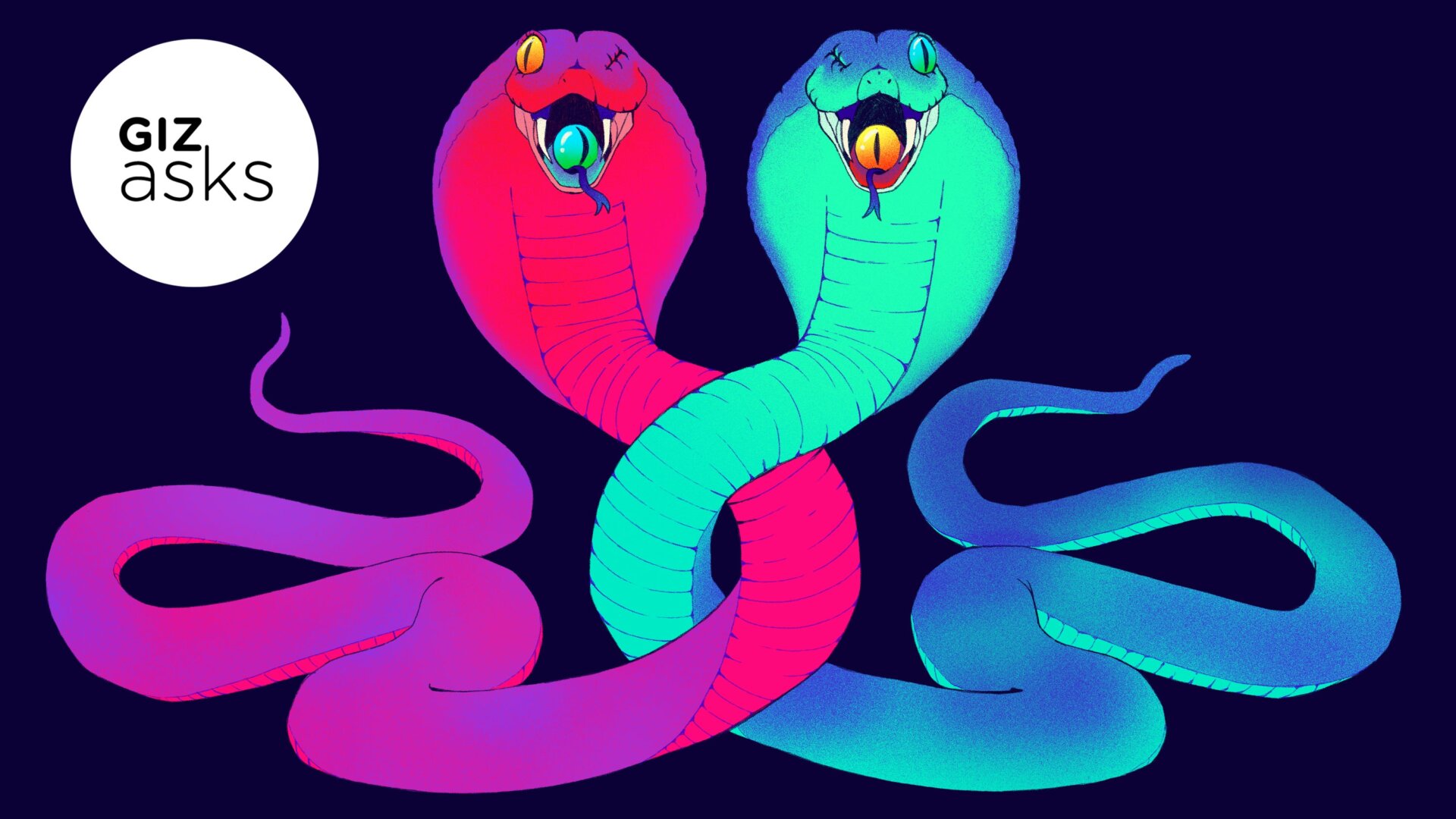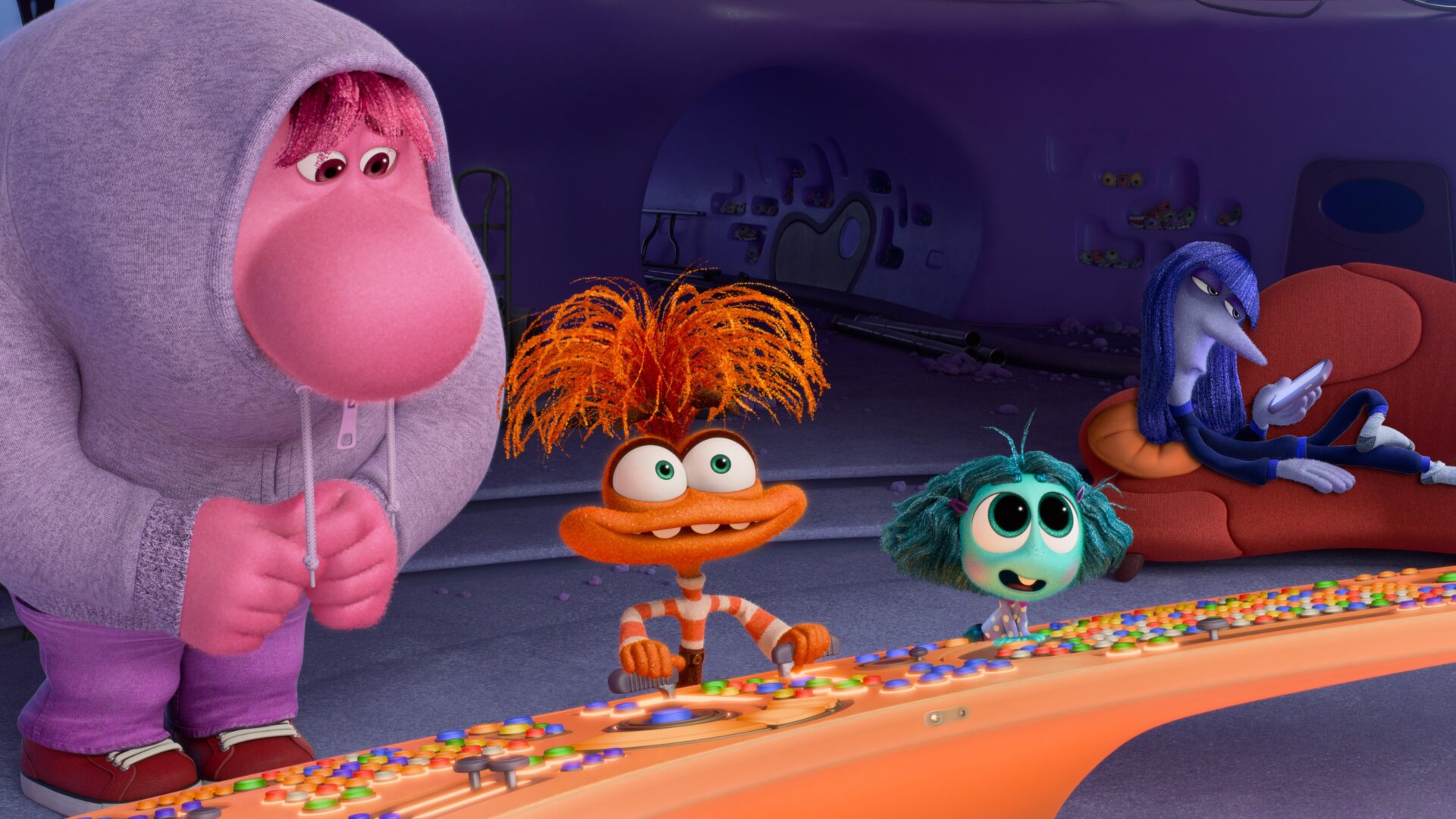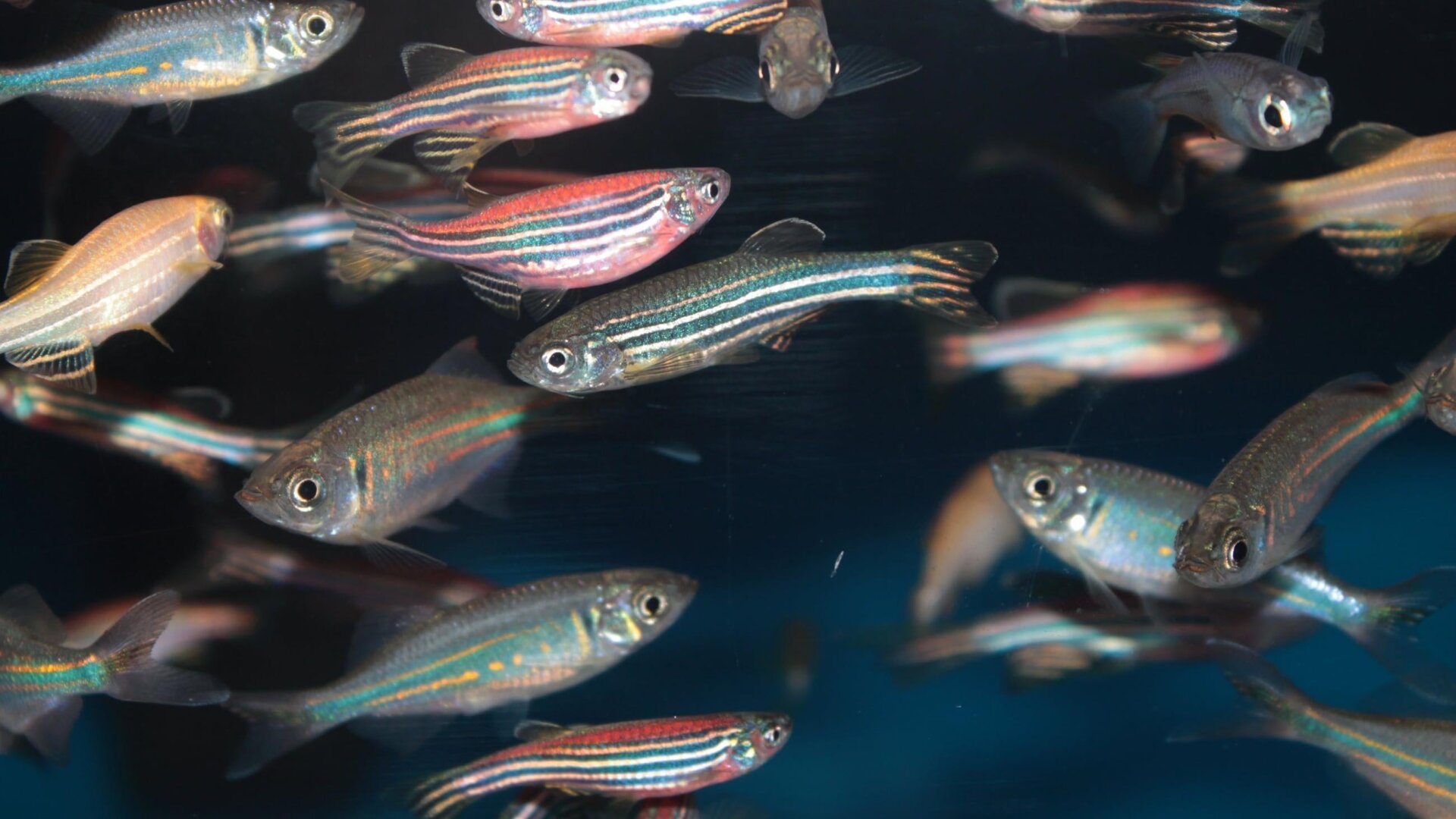Welcome to Burning Questions, a series where Earther answers the most common asks we get on how to address climate change. Many people want to do something, anything to help address the climate crisis. We answer your questions about how to help change your life—and the systems that will save us. Check out our past Burning Questions here.
This summer has, to put it bluntly, sucked. Intense, climate-driven disasters across the world havekilled hundreds of people and caused billions in damage seemingly every week. The Intergovernmental Panel on Climate Change report released last month sounded one of the bleakest alarms on climate to date. Just this week, people from Louisiana to New York had their lives upended by Hurricane Ida. Increasing numbers of people are waking up to climate crises in their backyard, and feeling the full and terrifying weight of it in a way that they hadn’t before.
To this, I say: welcome! Have a seat. It’s terrible here.
It’s easy these days to slip into black-and-white states of complete and total despair—which, honestly, seems warranted a lot of the time. But what emotions are actually healthy, productive, and realistic? As the planet gets warmer, are we just destined to feel terrible all the time?
The answer is “maybe!”—but that doesn’t mean we all have to be paralyzed.
Identify Your Feelings
There’s a gamut of emotions related to how we’re processing the climate crisis. Some people would simply prefer not to think about it at all. Whenever I go to parties and tell people I write about climate change, the reaction is often as if I’d mentioned I was an undertaker who also was there to collect your taxes. At a wedding this summer, when I mentioned climate change, the group of people I was talking to got quiet. Everyone nodded very seriously and agreed it was important while looking deeply uncomfortable. I was, frankly, relieved when someone changed the topic; it was clear no one really wanted to talk about wildfires or floods at a celebration.
If you’re reading this website, you’re probably not the sort of person who just would Rather Not Talk About It. But perhaps you recognize the patterns of a friend or family member—or even yourself before you really understood the impacts of climate change. It can feel too overwhelming to even start thinking about the global hegemony of fossil fuels and the impact burning them has on the most vulnerable, which triggers guilt that you’re not thinking or doing something about it, which makes you want to shut down even more.
Environmental guilt “is a complex issue,” Susan Clayton, a professor of psychology and environmental studies at the College of Wooster, wrote in an email. Clayton said that guilt can span both one’s own individual actions as well as how we, as humans, have messed up the planet. “Guilt can also be caused by a feeling that one’s behavior is inadequate, but also by a feeling that one’s emotions or thoughts are inadequate.”
Even if you’ve moved past that particular guilt cycle, there’s a whole host of Bad Feelings to be had about climate change. Maybe you feel overwhelmed with rage at politicians and corporations that have sat on their hands and denied climate science, delaying action until it’s (almost) too late. Maybe you or someone you love were threatened by a fire or flood, and you’re scared. Maybe, even though you recognize that individuals are not responsible for the mess we’re in, you’re still feeling guilt about existing in a capitalist framework that offers all these terrible choices.
The first step is identifying that no matter what you’re feeling, it’s super normal.
“There’s a lot to fear right now, which is understandable,” said Sue Koger, a professor of psychology and sustainability at Willamette University. “We’re seeing the impacts of the climate crisis firsthand. Even though it’s been predicted for years, it’s been very easy to be in this state of denial like, ‘no, it’s not going to impact me or people I care about and I’ll think about it tomorrow.’ We can’t deny it anymore, as much as we might want to.”
Are These Feelings Productive?
Whether or not it’s healthy to live constantly with some of these emotions, experts told me, kind of depends on what you’re feeling.
Clayton said that guilt can sometimes be a signifier that we really value the thing we’re feeling guilty about—a good thing when it comes to climate change. “If people didn’t think climate change was a problem, they wouldn’t feel guilty; and if they didn’t think there was anything they could do about it, they wouldn’t feel guilty,” she said.
But Clayton cautioned against letting guilt become too much of a central emotional driver. “Too much guilt may lead people to want to deny the problem because it is threatening to their self-image – guilt, which is about behavior, can lead to shame, which is about oneself and one’s own personal characteristics,” she said. “‘I’m a bad person because I’m not taking action on climate change.’ That’s not a healthy reaction.”
Fear, likewise, is also complicated. Humans developed fear, Koger explained, as a fight-or-flight reaction from threats in our environment. Fear can kick in and activate our physiological responses—elevated heart rate, heavy breathing—when we’re faced with a direct threat and motivate us to take action.
“In those situations, fear works,” Koger said.
But corrosive, constant fear and worry—which often can metastasize into doom—is not particularly healthy or useful in the long term.
“The problem with the current situation is that it’s not a direct, in-your-face threat, but rather an ongoing worry that’s really depleting,” Koger said. “You’re going to find that your fight-or-flight response is not going to help you with that chronic sort of thing. We just become depleted, worn out, worn down—that’s where the despair, the depression, the overwhelming feelings kick in.”
How to Take Action
Koger said that she tells people struggling with big issues to find a positive motivator instead of a negative one.
“What I try to focus on is—what do you love, what do you care about?” she said. “Do you care about the animals being impacted by the fires, do you care about the things being lost? What can you do to help them? Writing a letter to the editor, voting for a different politician, choosing to live more sustainably—all of this should be a place of love, and not from a place of guilt or fear.”
I have to tell you that when she said that, my eyebrows shot to the top of my head—the kumbaya-ness of it all was a little jarring for our current moment. Sure, working in my community garden seems really zen, but how is that going to help me with my continual and engulfing rage at the lack of action on climate in Washington, DC?
But the more I thought about what she said, the more I realized that taking that positive tack wasn’t about whitewashing negative feelings, but about acknowledging the small differences we can make as individuals. There are, after all, so many different (and concrete!) ways people can get involved in working for climate action. Phone banking for climate-forward politicians or becoming involved in mutual aid won’t remove significant amounts of carbon from the atmosphere on their own, but they do add up. What is collective action if not a collection of people coming together to change something?
Staying involved with these sustained actions can help you grapple with the inevitable negative feelings, and will give you work to do as you prepare your mind for a lifetime of witnessing climate crises and the monumental changes ahead needed to address them.
“Don’t assume personal responsibility for the whole crisis, but think about something that you can do to help address the problem,” Clayton said. “Just as we each, mostly inadvertently, contributed to the problem, we can each be a part of the solution, even if it’s just a small part.”
And too many negative emotions, from guilt to despair, can impede people from feeling empowered and motivated to take action. I’ve increasingly seen people in my own life and on social media transition directly from not caring about climate change to feeling so overwhelmed by the scope of the problem that they feel like there’s absolutely nothing they can do—even though the recent IPCC report says it’s more crucial than ever for us to take action.
“Feelings of personal guilt can distract attention from the real systemic changes that are needed to effectively address climate change,” Clayton said. “I don’t think any one individual should feel overwhelming individual guilt, because we are collectively responsible.”














